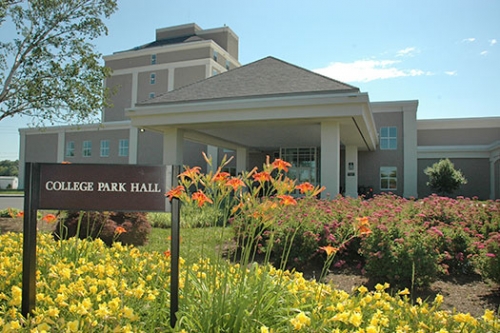Departments involved in fulfilling the obligations of these Emergency Management Procedures include: President’s Office (Executive Assistant to the President), Campus Safety (Director of Campus Safety), Dean of Students Office (Vice President of Student Affairs), and Office of Communications (Director of Media and Public Relations).
There is a separate procedure governing timely warning notices that are sent to the Union College community to notify members of the community about serious crimes against people that occur on campus when it is determined by Union administrators that the incident may pose an on-going threat to members of the Union College community.
In the event of any crisis that affects the Union College campus the following steps will be taken immediately to assess and develop a response plan. Union College’s primary consideration is the safety, health, and security of the campus community.
